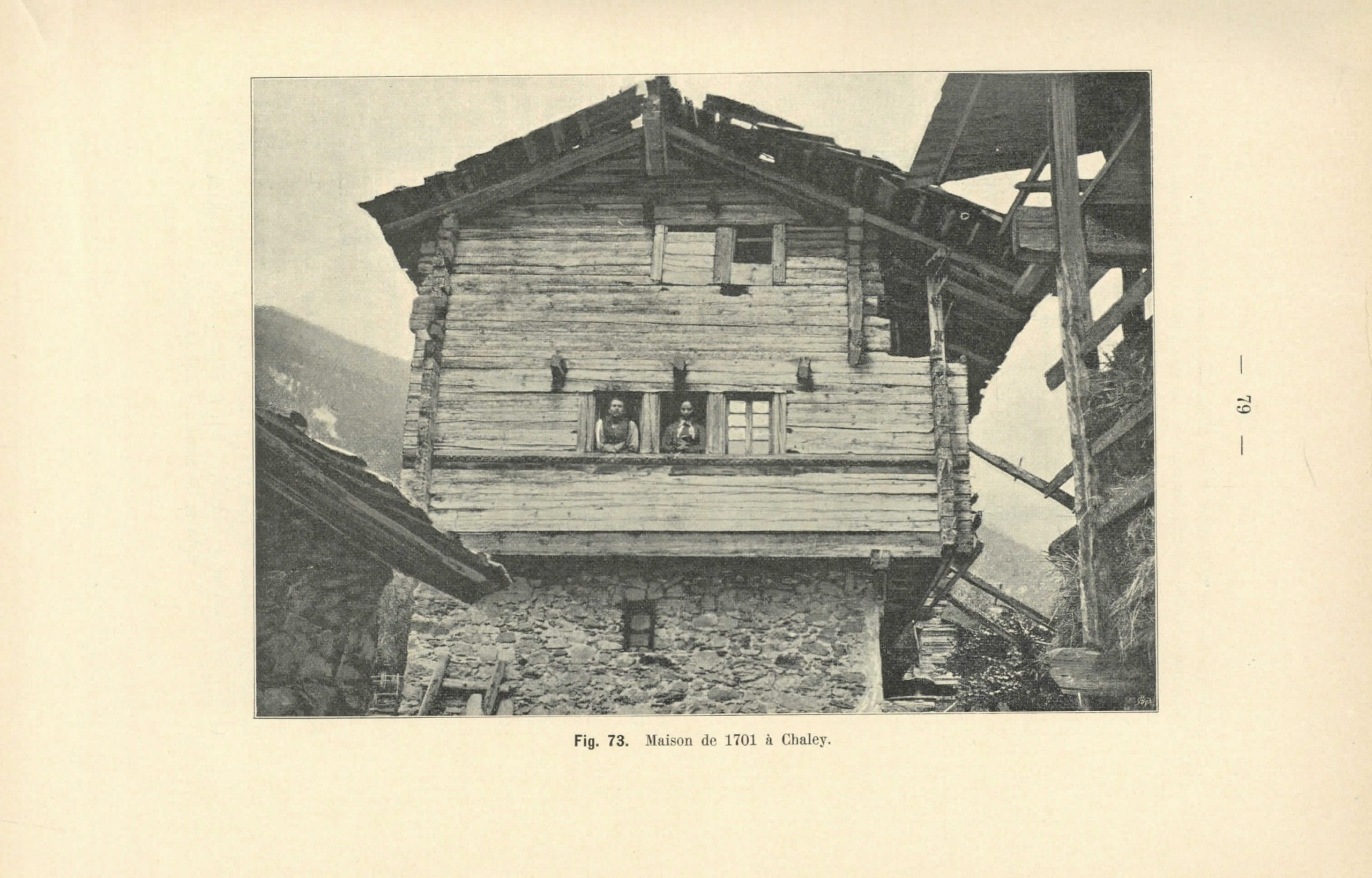
Twentieth-century research on the Alpine rural house between the epistemological issue and legitimizing narratives
Abstract
Throughout the twentieth century, the gazes of observers from different disciplinary fields, ethnologists, geographers, architects have focused on the Alpine rural house. What do scholars seek within the theme of the house and the rural area?
In Switzerland, the pioneering nineteenth-century studies were followed by research, starting from the 1870s, by the philologist Jakob Hunziker. In his analysis, he took into consideration not only exceptional constructions but also widespread building production. Buildings were detected and illustrated through diagrammatic “primarily planimetric” and photographic representations. However, the original data in Hunziker’s work is found above all in the correlation that is established between language and architecture.
In this context, rural architecture is no longer a simple determinist adhesion to the natural and environmental context in which one lives but becomes a historically determined affirmation of a verified and mediated cultural model concerning the local datum.
Alongside the readings of geographers and ethnologists, there is the chapter of the studies on the rural house conducted by architectural culture. The theme of rural architecture will represent a subject of dispute with often ideological overtones between proponents of modernity and those of traditionalism.
Towards the mid-thirties, Pagano’s semantic translation represents the definitive shift, at least by the architects of the modernist front, from a mere question of a more complex theme, capable of considering the multiple aspects of building in the countryside, culminating in the exhibition Architettura rurale Italiana by Pagano and Daniel. The use of the category of functionalism when dealing with the farmer house allows to recognize rural architecture as a discipline and simultaneously allows it to function as a cultural background and a historical validation for rationalism.







